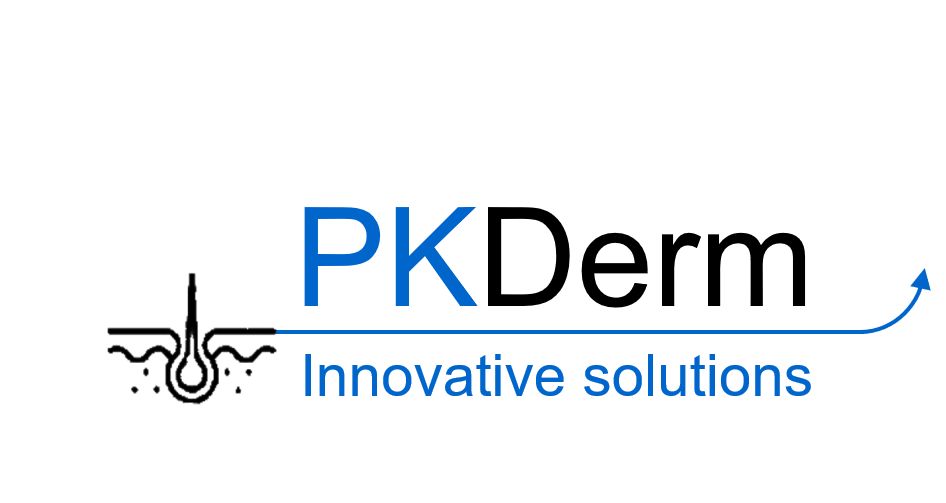
Kasper Renggli, PhD received his BSc and MSc in Nanosciences and a PhD in Chemistry from the University of Basel, Switzerland. He also holds a Diploma of Advanced Studies in Pharmaceutical Medicine. After his studies, he received a Swiss National Science Foundation postdoctoral fellowship to join the DARPA human microphysiological organ systems program at the Massachusetts Institute of Technology. After returning to Switzerland, he worked as a scientist within Edelweiss Connect to establish in silico methods to predict drug adverse outcomes. His work was subsequently funded by a Horizon 2020 grant that he co-wrote. Following the time at Edelweiss Connect, he was holding a group leader position at ETH Zürich. His team focused on the development of microphysiological organ-on-chip fluidic systems for multi-tissue interaction and the analysis of 3D microtissues as in vitro tissue and disease models for ADME-Tox and PBPK modeling. In addition, he co-lead – together with InSphero and Roche – a 2 Mio. InnoSuisse grant that investigated the commercialization of a microfluidic two-tissue platform for combined drug efficacy and toxicity testing. Furthermore, personalized medicine approaches were developed using an in vitro model of circulating blood cancer in combination with liver microtissues. This work on the circulating cell system was supported by two third party grants. Both grants were in collaboration with Hospitals with the aim to translate the research into the clinic. In his current role at PMI, as scientist for systems toxicology, he is working as study director for healthy and diseased liver using in silico, in vitro and in vivo tools. Furthermore, he supports the development of advanced multi-organ in vitro models and leads the pre-clinical ADMET assessment for drug development projects within PMI. He is a lecturer for advanced in vitro model in disease biology and toxicology at the University of Basel and the University of Applied Science in Northwester Switzerland.


